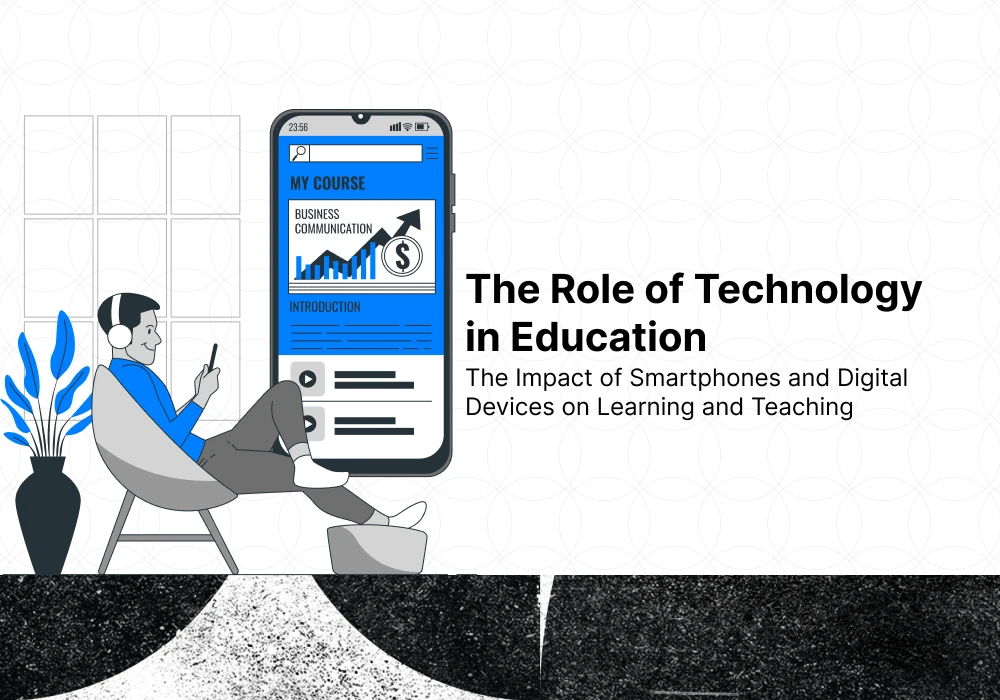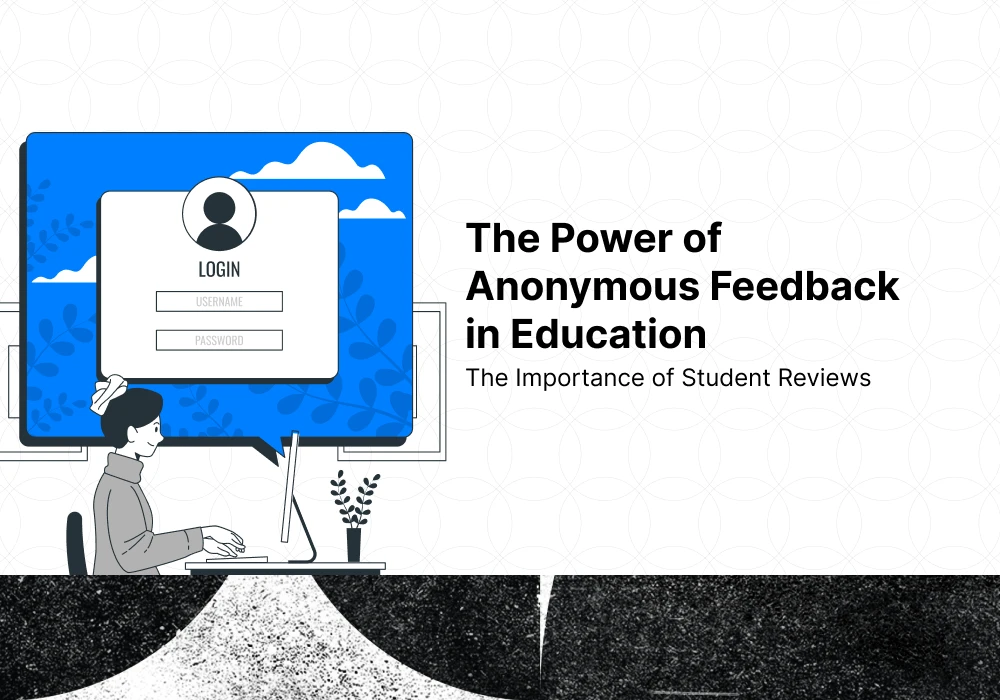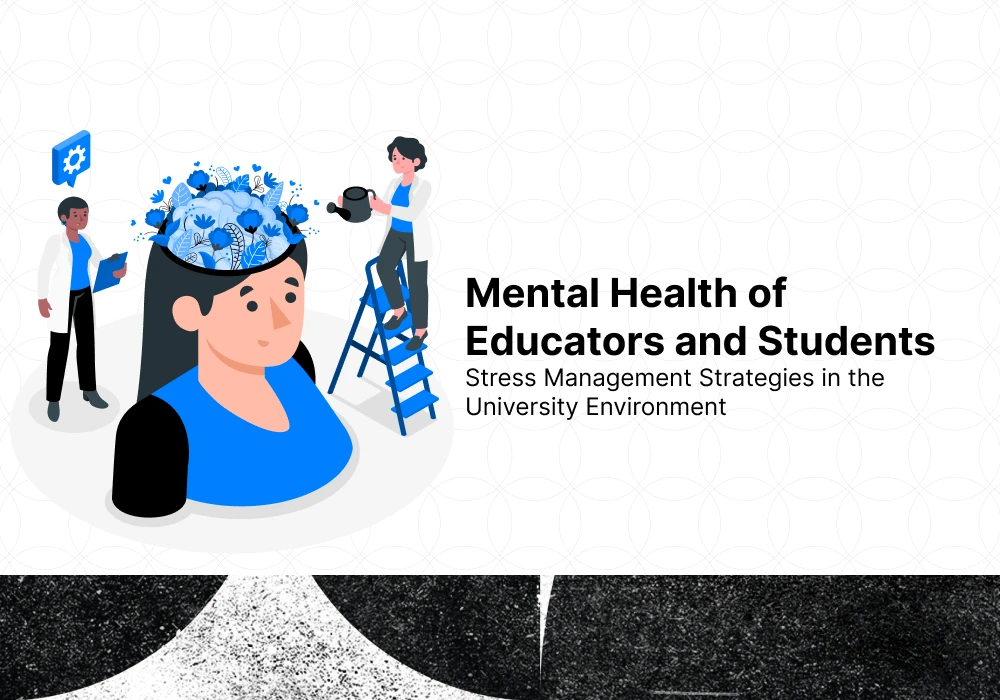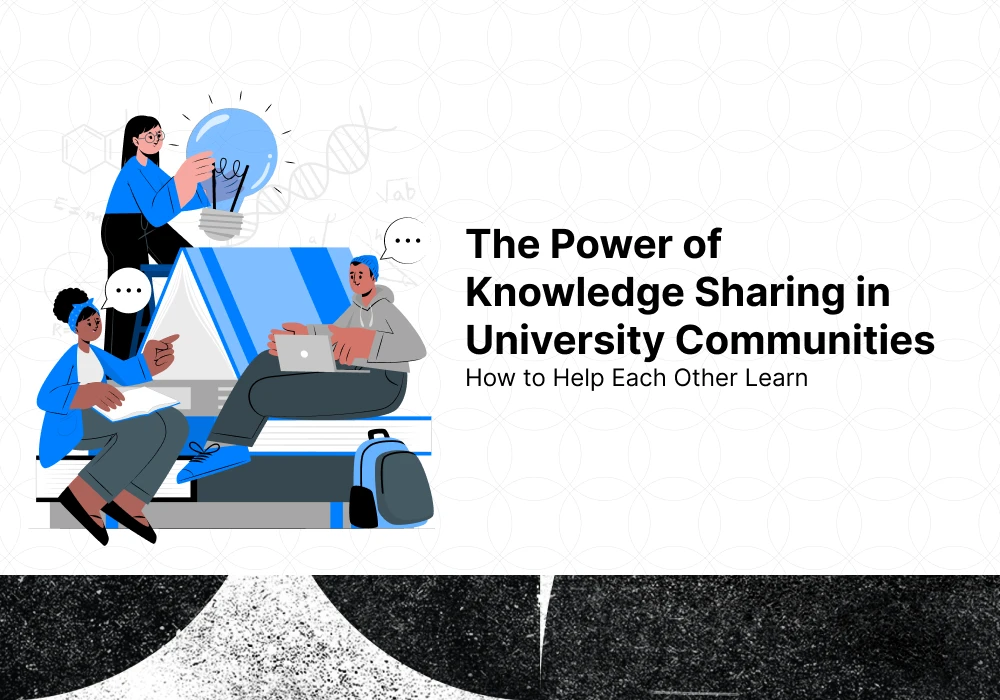The Future of Education
The Role of Artificial Intelligence and Online Courses in Higher Education
5 minutes
Sep.22.2023
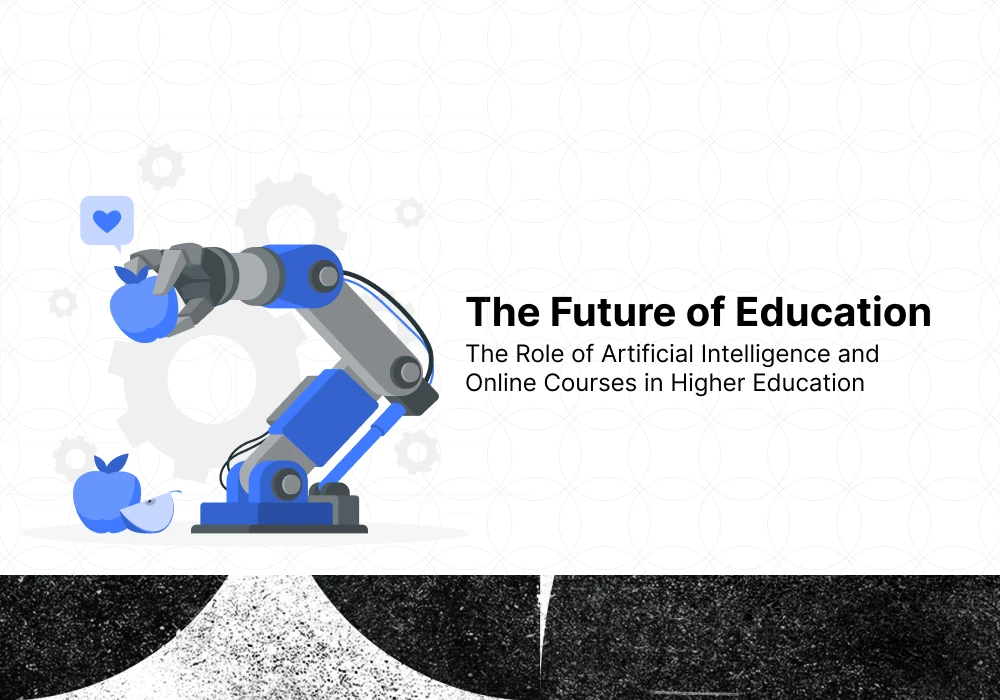
Education has always been a fundamental aspect of societal development and individual success. In recent decades, the education paradigm has undergone significant transformations, particularly with the proliferation of digital technologies. The emergence of artificial intelligence (AI) and online courses has revolutionized education and had a profound impact on higher education. In this article, we will explore the future of education, with a particular focus on the role of artificial intelligence and online courses in higher education.
Education has always played a pivotal role in human development. Through education, generations grow and prepare themselves for the challenges of the future. Higher education, in particular, is crucial for the transmission of knowledge and the development of critical thinking and analytical skills.
Over the past few decades, the landscape of education has been dramatically reshaped by the advent of digital technologies. Online courses and smartphones have created new opportunities for learning and teaching. Educational institutions and educators face new challenges as they harness these tools and technologies to enhance the learning experience.
Artificial intelligence (AI), however, represents an even more revolutionary technological development in the field of education. AI systems are capable of data analysis, creating personalized learning experiences, and improving learning outcomes. In this article, we will explore in depth how artificial intelligence and online courses are shaping the future of higher education.
The Role of Artificial Intelligence in Higher Education
Artificial intelligence (AI) is one of the most exciting and rapidly evolving fields within computer science. AI systems possess capabilities in machine learning, big data analysis, and autonomous decision-making. In education, AI plays a significant role in several areas:
1. Personalized Learning
AI systems can analyze students' learning habits and needs, creating personalized learning pathways for each student. This enables every student to progress through the curriculum according to their individual abilities and preferences.
2. Data-Driven Decision-Making
Educational institutions and teachers can benefit from AI systems to analyze data and make informed decisions. For example, analyzing educational performance data can help institutions better understand students' strengths and weaknesses, allowing for curriculum adjustments and support programs.
3. Educational Chatbots
Educational chatbots are AI-based systems capable of answering students' questions and assisting with problem-solving related to course material. These chatbots can be accessible through online courses and educational platforms.
4. Automated Assessment
AI systems can automate the assessment process, including the evaluation of written essays. They can provide rapid feedback to students, saving educators time and resources.
5. Predictive Analytics
AI systems can help predict students' mistakes or struggles. By analyzing data, AI can signal if a student is likely to have difficulties or be at risk of dropping out.
6. Language Instruction
AI systems are suitable for language instruction. Through chatbots and instructional programs, students can effectively learn languages, practice pronunciation, and improve grammar skills.
While AI systems have a significant role to play in education, it is essential to note that human teachers remain indispensable in the educational process. AI systems should aim to support and assist teachers in improving the teaching process rather than fully replace human interaction.
The Role of Online Courses in Higher Education
Online courses have become increasingly popular in higher education over the past few decades. The evolution of the internet and digital technologies has made it possible for educational institutions to offer online courses, allowing students to learn flexibly. Online courses offer numerous advantages:
1. Flexibility
Online courses enable students to learn at their own pace and on their own schedules. This is particularly advantageous for those who work or have other commitments.
2. Accessibility
Access to online courses is not limited by geographical boundaries. They are available from anywhere, allowing students to enroll in courses they might not have access to otherwise.
3. Diversity
Online courses provide a broader range of options, allowing students to find courses that cater to their unique interests.
4. Technological Skills
Engaging with online courses can help students develop technological skills that are valuable across various fields.
5. Interactivity
Online courses do not necessarily mean passive learning. Many courses incorporate interactive elements, such as online group work and discussions.
In the future of higher education, online courses are likely to continue evolving and becoming more integrated into traditional educational settings. They will likely provide flexible learning opportunities for students while allowing institutions to offer personalized learning experiences.
Prominent Universities and Online Education
Numerous prestigious universities and higher education institutions have started offering online courses. These institutions recognize the benefits of online education and the opportunities it presents in the field of education. Online courses cover a wide array of subjects, including arts and humanities, natural sciences, engineering, and business.
COVID-19 and Online Education
The COVID-19 pandemic presented a significant challenge to education worldwide. Educational institutions had to rapidly adapt to changing circumstances and transition to online education. However, this crisis further highlighted the importance and value of online education. It allowed education to continue and enabled students to continue learning during emergency situations.
Challenges for the Future
The future of education is brimming with possibilities but also comes with its share of challenges. One of the primary challenges is ensuring equal access to online education. Not all students have access to the internet or the necessary technology. Educational institutions and government bodies must collaborate to ensure that online education is accessible to as many students as possible.
The role of human teachers remains paramount. Education relies on human interaction and the guidance of educators. Online courses and AI systems can assist teachers in improving the teaching process and supporting students, but human presence and instruction will remain essential.
Innovation and technological advancement are rapidly shaping the future of education. The role of artificial intelligence and online courses is growing, profoundly impacting higher education. Education must adapt to these new opportunities and challenges while continuing to serve the purposes of human development and knowledge transmission. The future of education offers exciting and diverse possibilities, demanding ongoing attention and commitment from educators, educational institutions, and society as a whole. The evolution and transformation of education are crucial for individual and societal development and require flexible adaptation to the changing landscape.

